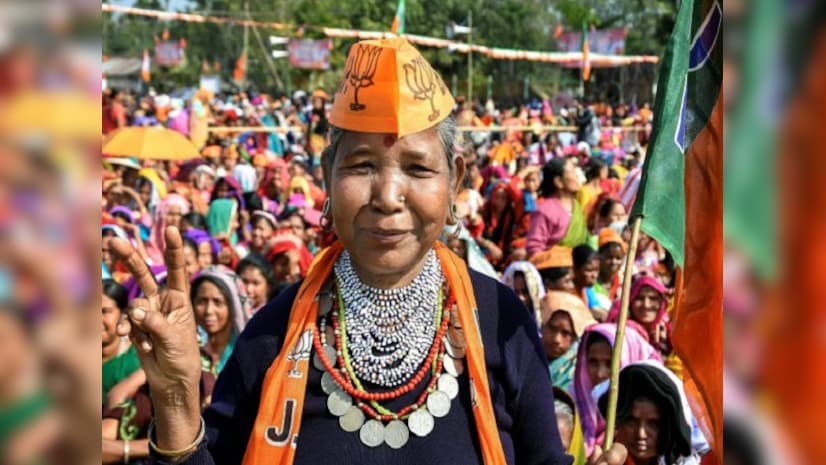Free Courses Sale ends Soon, Get It Now


Free Courses Sale ends Soon, Get It Now



Disclaimer: Copyright infringement not intended.
Context
Details
TIPRA Motha and its Demands
Greater Tipraland and its Objectives
Regional Extent of the Proposed State
Origin of the Demand
Ethnic Conflict and Insurgency
Rise of Ethnic Politics
Alleged Discrimination faced by TTAADC
|
Kokborok Language Kokborok is a Sino-Tibetan language of the Bodo–Garo branch. It is related to the Bodo and Dimasa languages of neighboring Assam. The Garo language is also a related language spoken in the state of Meghalaya and neighboring Bangladesh. Kókborok consists of several dialects spoken in Tripura. |
|
PRACTICE QUESTION Q. Discuss the concept of "Greater Tipraland" and its significance in the context of Tripura's tribal areas. Analyze the demands associated with this concept. Evaluate the potential implications of these demands on the socio-political landscape of Tripura. (250 words) |
© 2024 iasgyan. All right reserved